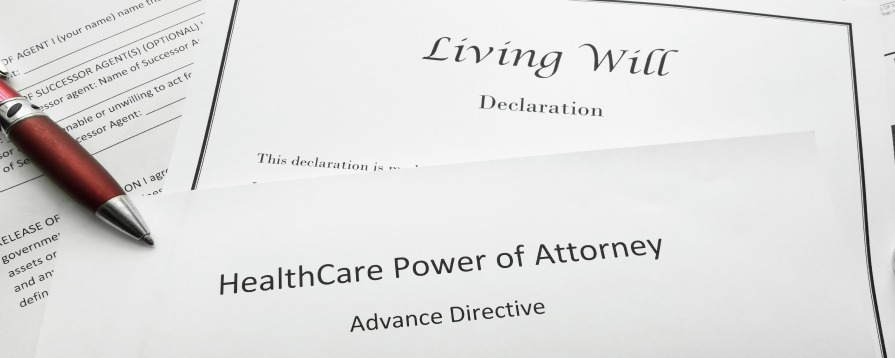
As you or a loved one gets older, you may experience health emergencies that could render you unable to communicate your choices or preferences about medical or end-of-life care. You might find yourself unable to pay bills or get to the bank due to illness or hospitalization. But you can plan for these contingencies by preparing an advance directive such as a health care proxy, a power of attorney, and a disposition of remains.
A Health Care Proxy appoints someone you choose to make medical decisions (including end-of-life decisions) for you. A Power of Attorney will allow a trusted family member or friend to handle your financial and/or legal matters. This can be helpful if you face an illness or injury or you lack mental capacity. With life care planning, your family has the guidance and tools necessary to make financial and health care decisions when you cannot do so.
At Amoruso & Amoruso LLP, we help clients work through complex, hot-button issues to develop comprehensive, tailored estate plans that carry out their wishes and goals. To learn about how a New York advance directives lawyer may help in drafting your life care planning, contact our law firm today.
What Types of Advance Directives Are There?
Such documents include:
- Health Care Proxies – You can execute a document to name someone to express your wishes or make health care decisions on your behalf if you become incapacitated.
- Durable Powers of Attorney – This legal document empowers someone you trust to make financial and/or legal decisions on your behalf, even if you later become incapacitated (please see details under “Power of Attorney”). [PLEASE INSERT LINK HERE]
- Disposition of Remains – New York law permits individuals to appoint, in writing, a person with the right to decide whether to bury or cremate the individual’s remains after their death.
What Is a Health Care Proxy?
An advance directive is a legal document that communicates your wishes regarding your medical care or designates an agent to handle your financial matters in the event of your incapacity.
Advance health care directives, known as Health Care Proxies, only go into effect when you are in a medical facility and you cannot make medical treatment decisions or communicate your wishes to your health care providers. A health care proxy is a person you select to make medical decisions if you cannot communicate those decisions yourself. As a result, people must create them before they become debilitated. Remember, this can even apply when under general anesthesia in a routine surgery.
If you don’t have an advance directive, state law will determine who can make medical decisions on your behalf. Typically, the authority to make these decisions will fall to your spouse, parent, or adult child. Unmarried partners usually cannot make medical decisions for their partners without a health care proxy. Also, please note that, without a valid health care proxy naming at least one of them as agent, parents of a child age 18 or older are not permitted to speak to a doctor regarding their son or daughter’s health issues. It is imperative that each member of your family age 18 or older execute a Health Care Proxy and a Power of Attorney to ensure that their wishes are honored in the event of illness or incapacity.
When selecting an agent to act as your health care proxy, you will want to choose someone who understands your beliefs and preferences and will make your decisions for you, even if it conflicts with their own beliefs.

